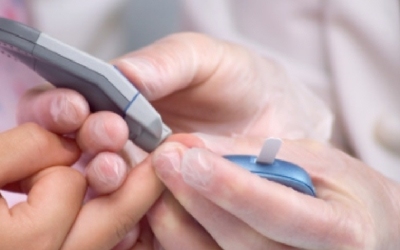As it stands, there are 2.5 million diabetics in the UK, but this is estimated to rise to four million by 2025 and five million by 2030. With these statistics, it is necessary that you follow a healthy lifestyle and be on the lookout for any of the following symptoms that might indicate diabetes. If you notice anything listed below, you need to contact a doctor as soon as possible, but what do you need to be on the look out for?
Firstly, have you recently noticed an increase in appetite? This may mean that your body’s cells are starving for glucose, which is a condition known as polyphagia. This occurs in those whose wellbeing is affected by diabetes, as glucose isn’t able to enter their cells. After having this increase in appetite, have you still managed to lose a considerable amount of weight? Because your body is unable to utilise the available glucose, it starts burning your fat stores for fuel, which leads to dramatic, unhealthy weight loss.
Have you been going to the loo a lot? You may have a high amount of glucose in your urine – a condition known as polyuria – which indicates diabetes. If you find you’re also thirsty a lot of the time, this could be polydypsia caused by the increase in urination and loss of fluids. Have you been feeling fatigued all day long? As your body isn’t utilising your glucose, and expelling it through urine, you cannot get the energy you need and so feel more tired. If you’ve been highly irritable and/or depressed lately, this decreased supply of glucose and nutrition to the brain may explain why.
Do your feet and fingers feel a tingling or numb sensation? When you have high glucose levels in your body, this can affect the nerves leading to “diabetic neuropathy”, which causes tingling and numbness in your peripheries. Have you been suffering from infections more frequently than earlier? You’re not getting enough nutrition in your cells which affects your immunity, leading to frequent infections especially in your skin, vagina and urinary bladder. Your weakened immune system and increased predilection for infections may also explain why you have cuts or wounds that have not been healing for a long time.
